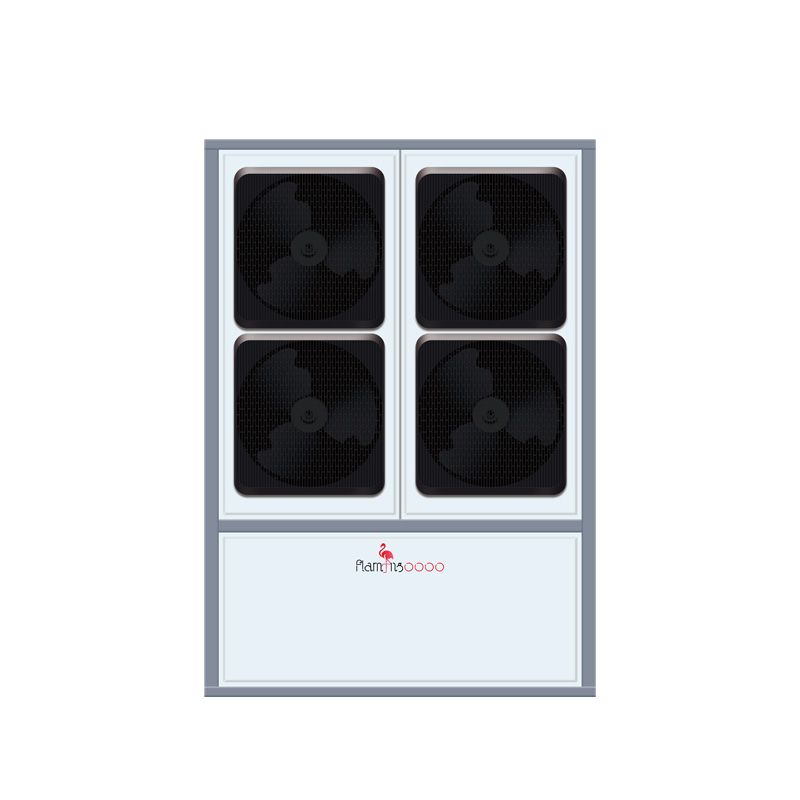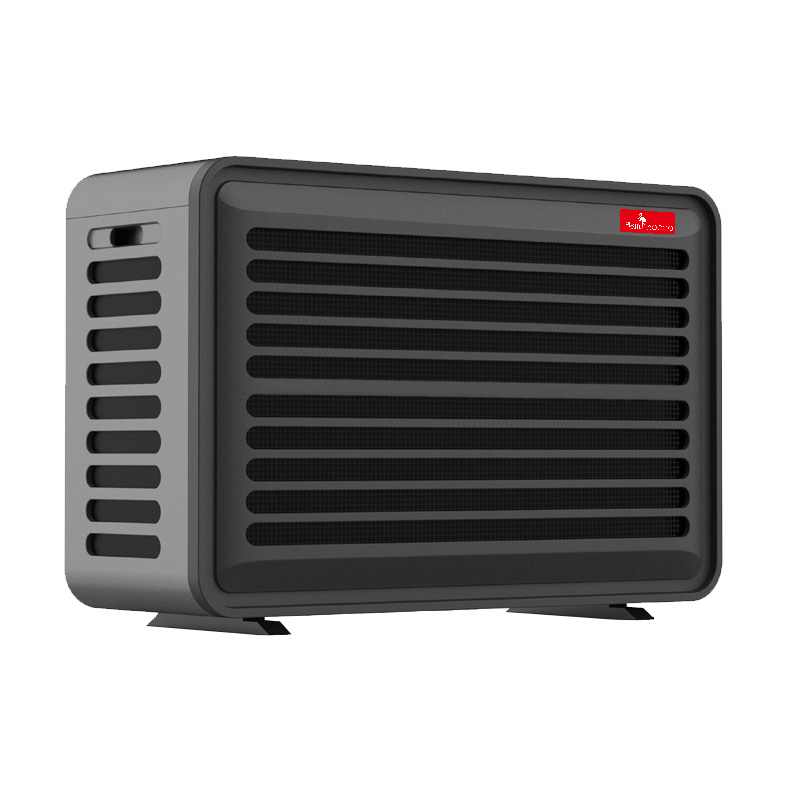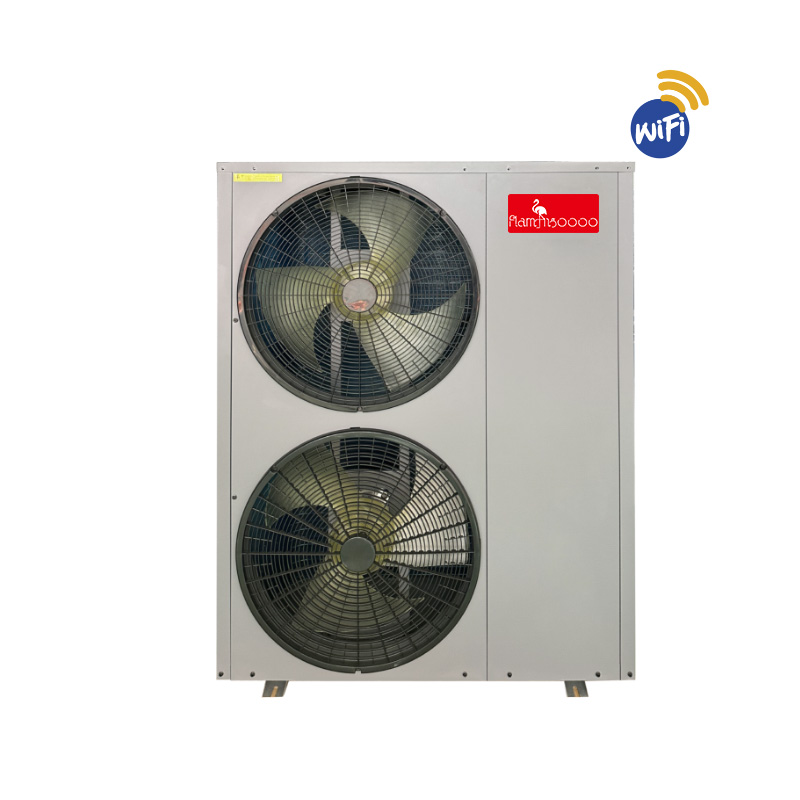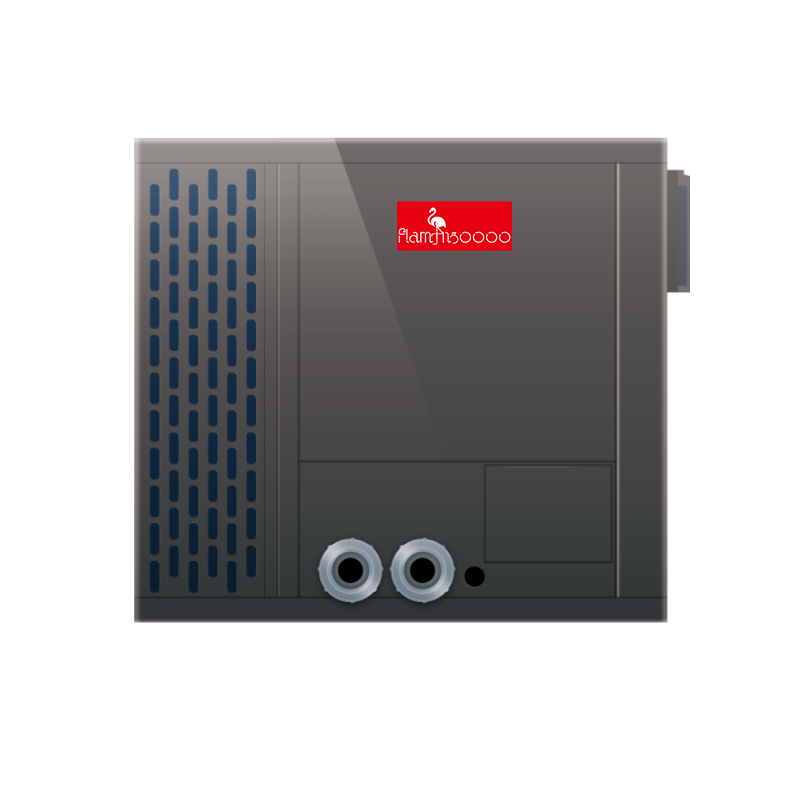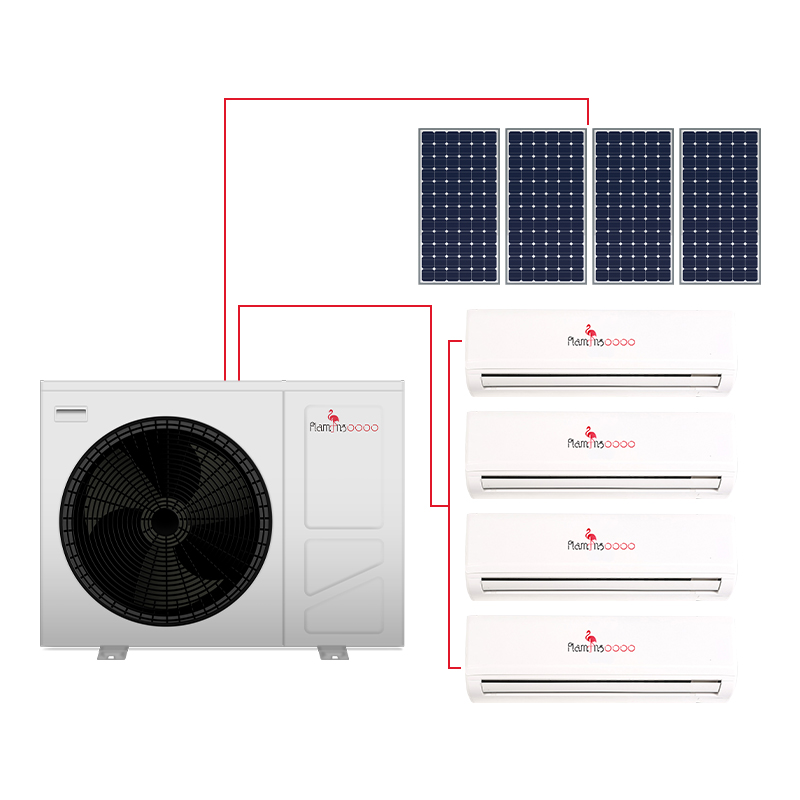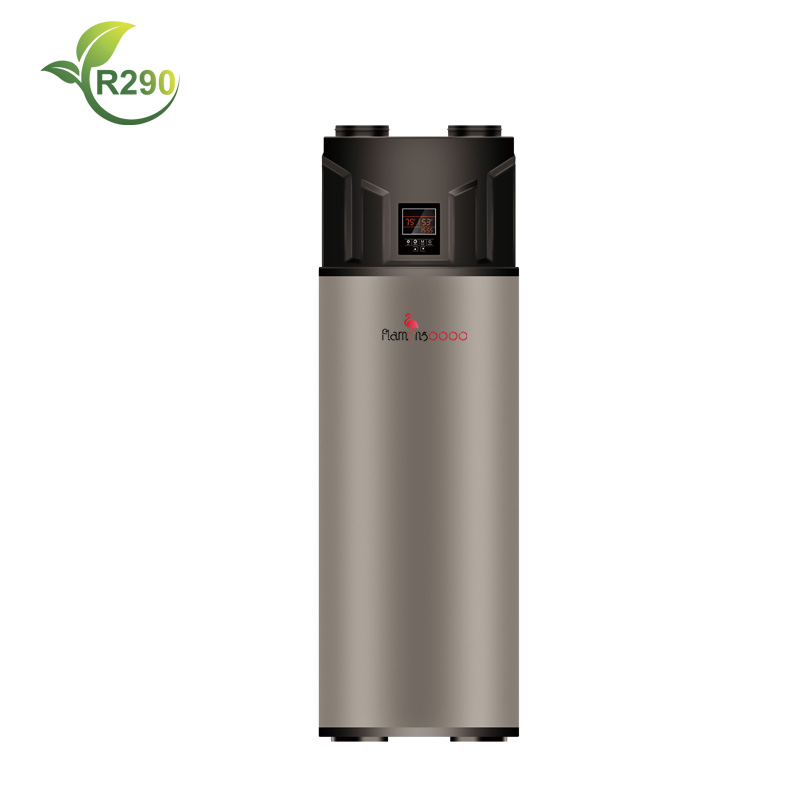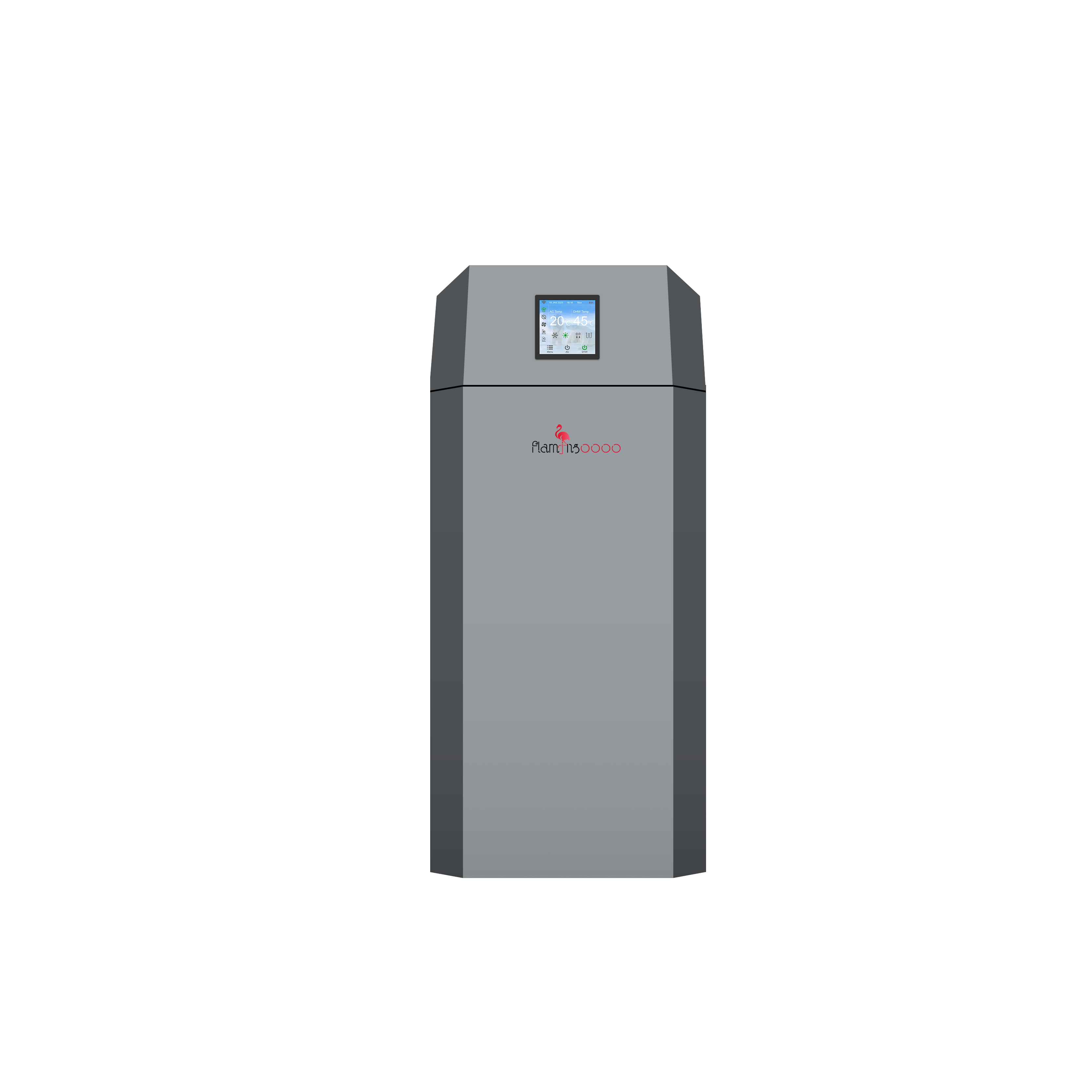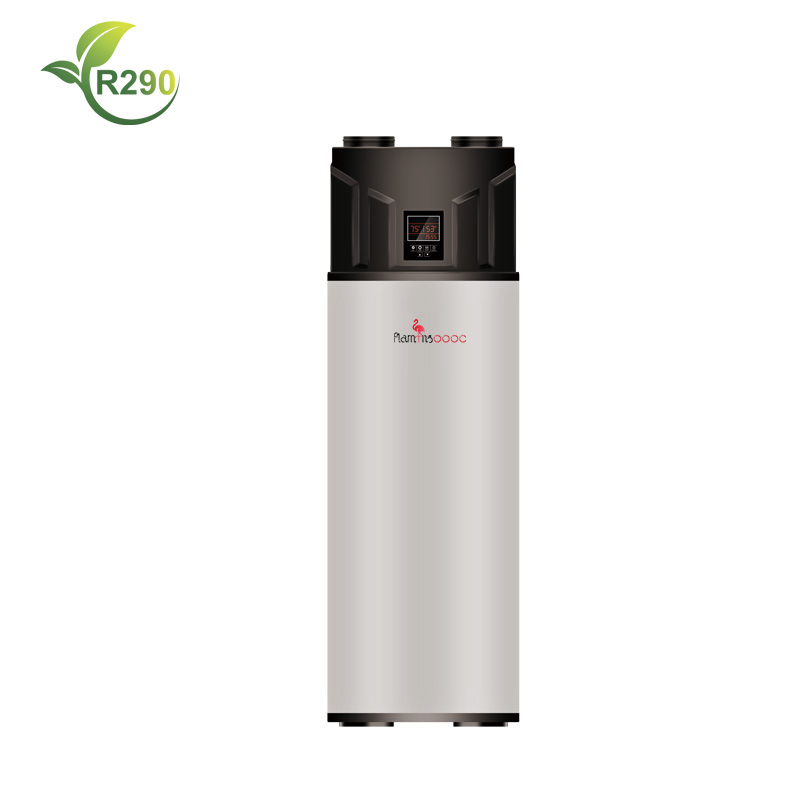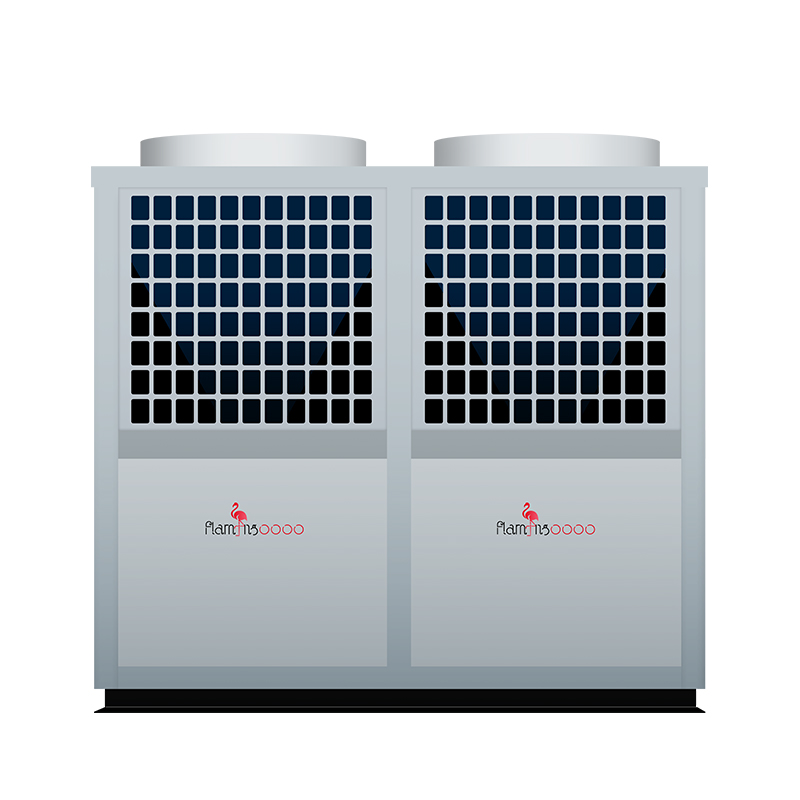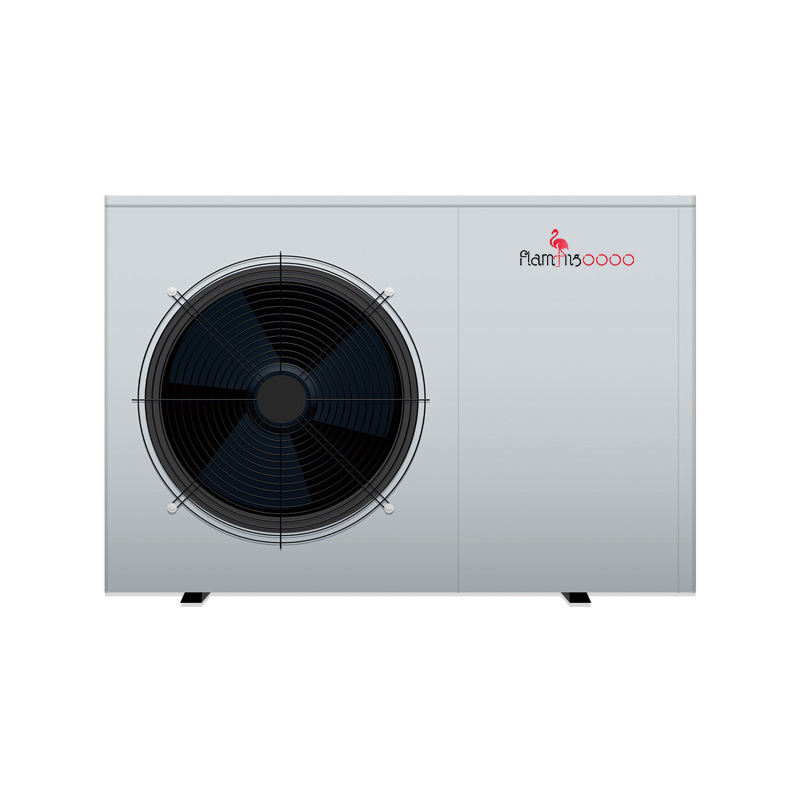Which Heat Pump is Best for Home Use? A Guide to Finding Your Perfect Fit
With rising energy costs and a growing focus on sustainability, heat pumps have become a cornerstone of modern home comfort. But for homeowners, the array of choices can be overwhelming. So, which type of heat pump is truly the best for residential use? The answer, experts say, isn't one-size-fits-all—it depends on your climate, property, and budget.
Air-Source Heat Pumps: The Versatile All-Rounder
The most common type for homes is the air-source heat pump (ASHP). It works by transferring heat between your house and the outside air. Modern models, especially those featuring Enhanced Vapor Injection (EVI) technology, are highly efficient even in freezing climates, making them a viable option for many regions.
Pros: Lower upfront cost compared to other types, relatively easy installation, suitable for most homes, provides both heating and cooling.
Cons: Efficiency can dip slightly in extreme cold (though less so with advanced models like cold-climate ASHPs), and performance can be affected by outdoor noise levels.
Best for: Homeowners in moderate to cold climates (with a cold-climate model) looking for a cost-effective and efficient whole-home solution.
Ground-Source Heat Pumps: The Ultimate in Efficiency
Also known as geothermal heat pumps, these systems leverage the earth’s stable underground temperature to provide heating and cooling. They are the most efficient type of heat pump on the market.
Pros: Extremely high efficiency year-round, leading to the lowest possible operating costs; quiet operation; very long lifespan; minimal maintenance; works in any climate.
Cons: Significantly higher installation cost due to the need to bury underground loop systems (requires adequate land or access for drilling).
Best for: Homeowners who plan to stay in their home long-term, have suitable land, and want to maximize energy savings and reduce their carbon footprint as much as possible.
Ductless Mini-Splits: The Flexible Problem-Solver
Ductless mini-splits are a subtype of air-source heat pumps. They consist of an outdoor unit connected to one or more indoor air handlers, without the need for ductwork.
Pros: Excellent for homes without existing ducts (e.g., additions, garages, or older homes); allows for zoned heating and cooling; high efficiency; easy installation.
Cons: Can have a higher per-unit cost for whole-home coverage compared to central systems; the look of indoor units may not appeal to everyone.
Best for: Room additions, homes without ducts, or for creating independent temperature zones in specific areas.
So, Which One is Right For You?
For Most People: A high-quality air-source heat pump with cold-climate capabilities is often the best balance of performance, cost, and versatility.
For Maximum Efficiency: If the budget allows, a ground-source system is unbeatable, offering unparalleled long-term savings and performance.
For Targeted Solutions: A ductless mini-split is perfect for single-room comfort or homes where installing ducts is impractical.
The Bottom Line
The "best" heat pump is the one that best matches your specific needs. Consulting with a certified HVAC professional is crucial. They can perform a detailed load calculation of your home, assess your property, and recommend the optimal system to ensure you enjoy the exceptional energy savings, year-round comfort, and reduced carbon emissions that a heat pump provides for decades to come.

